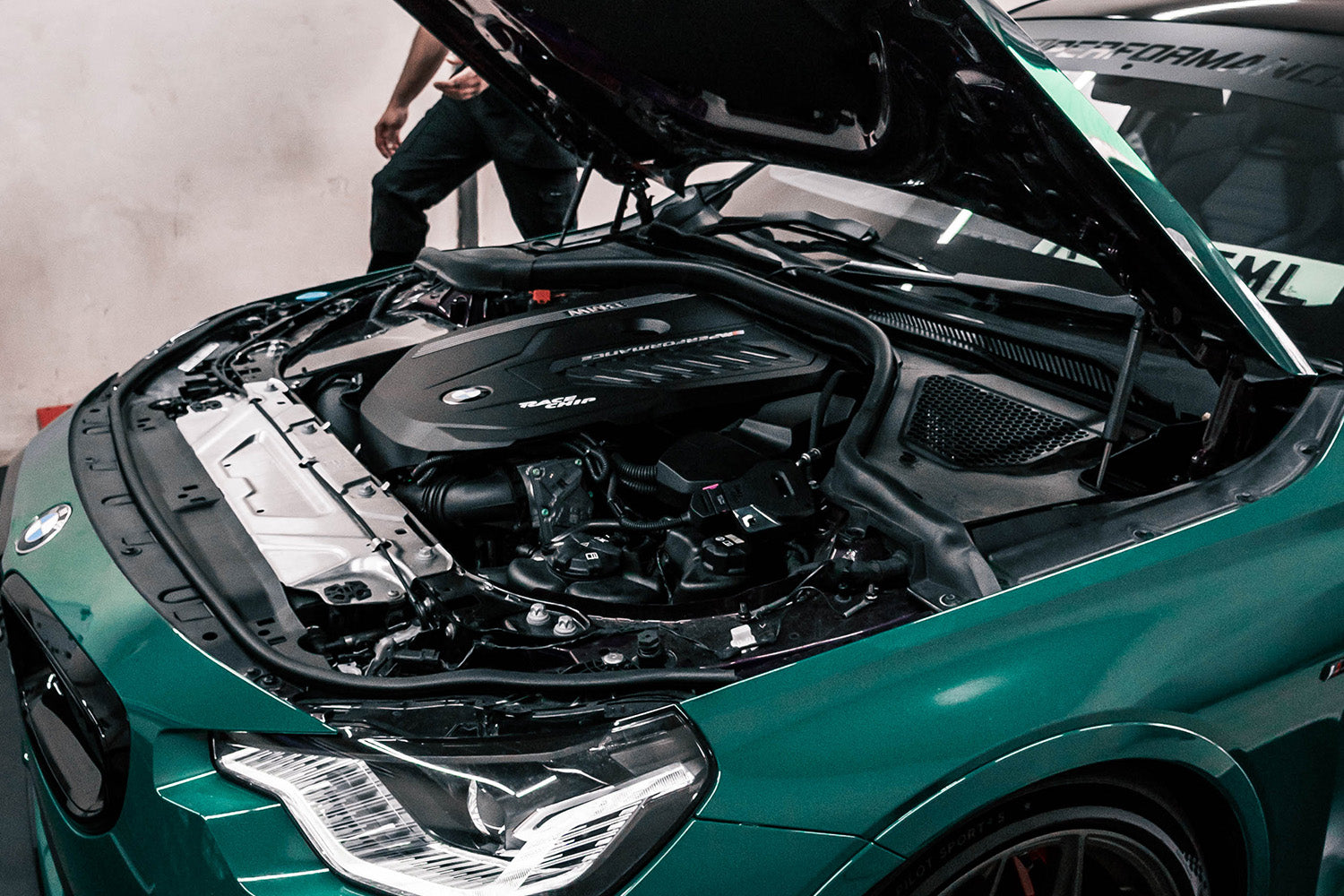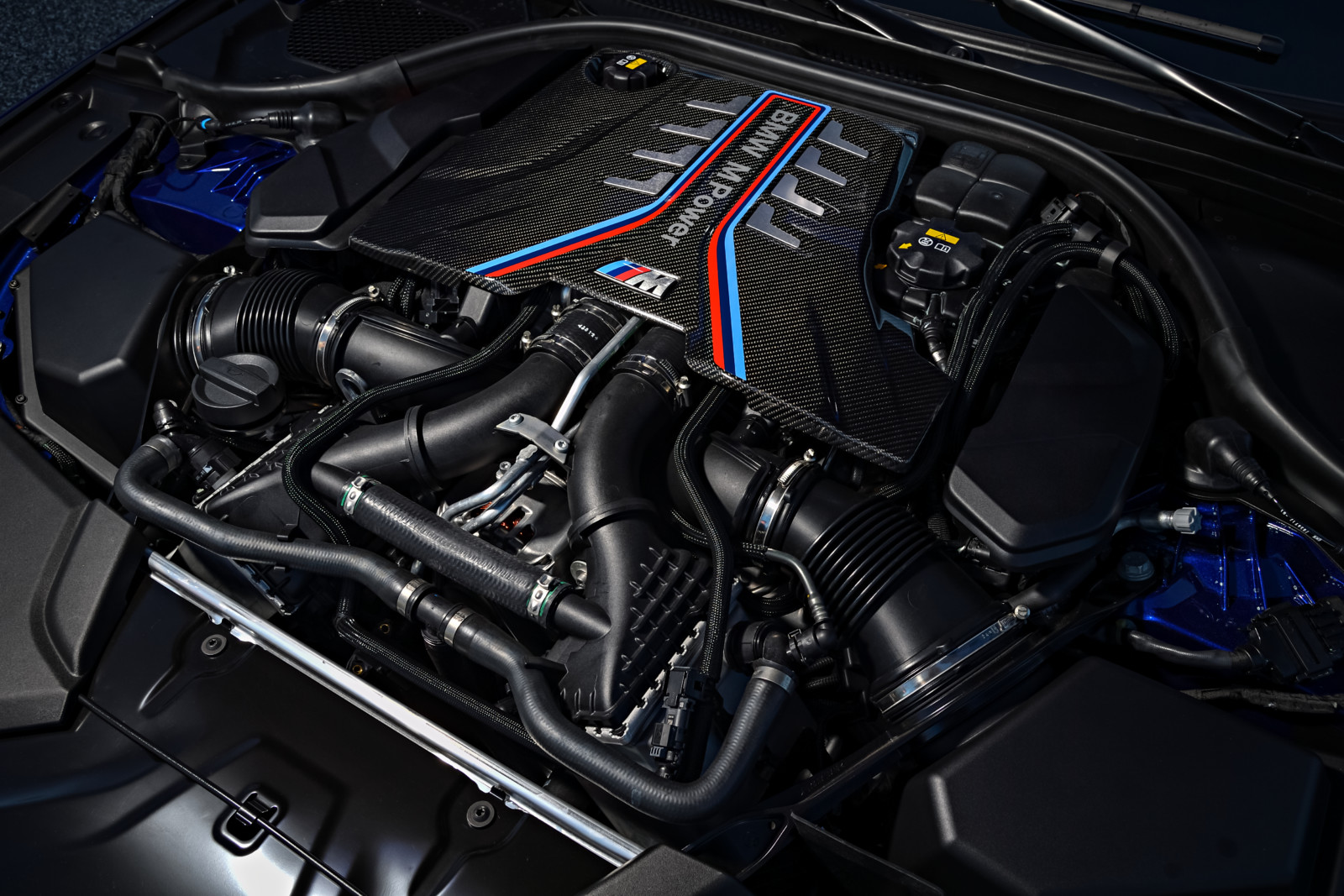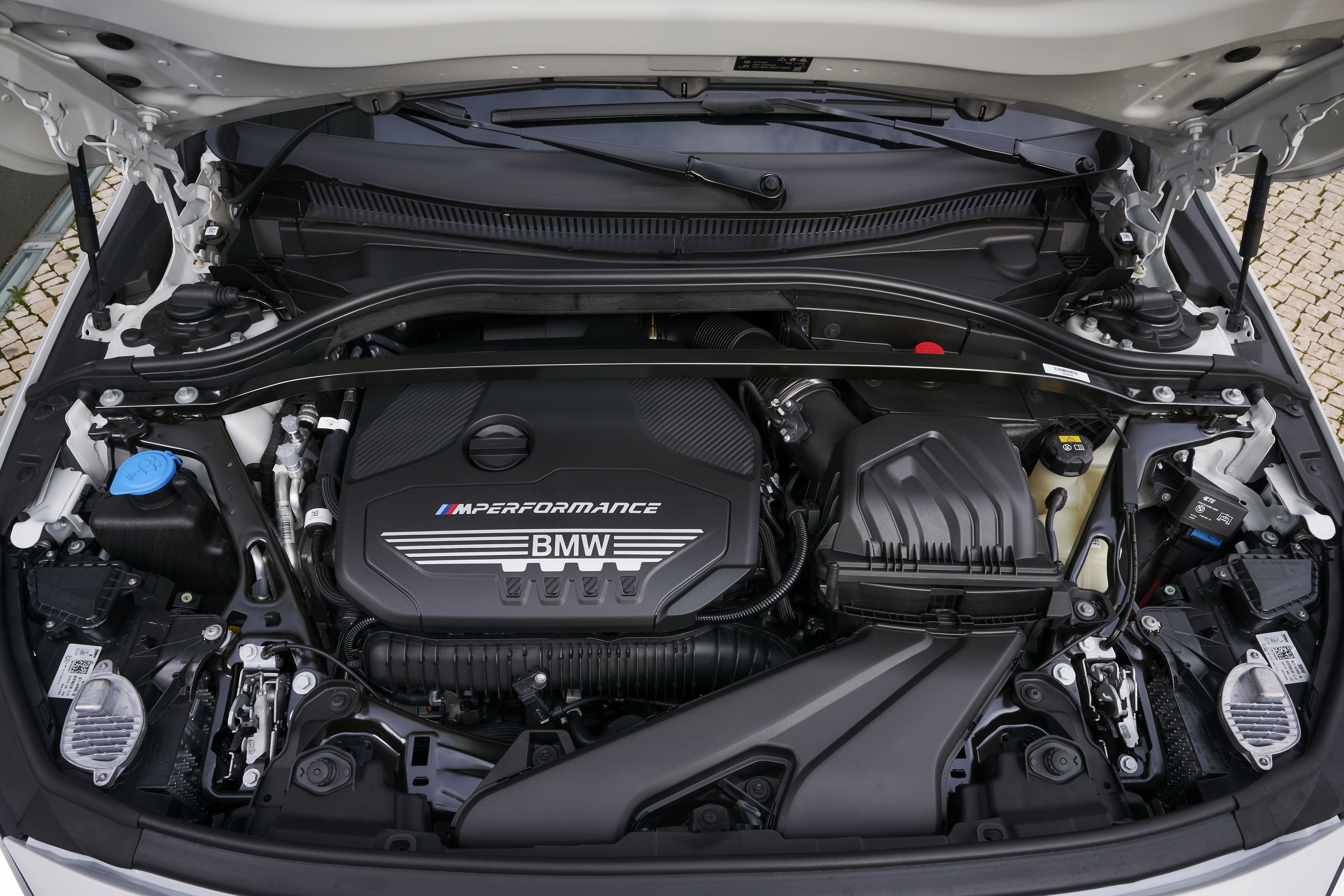Exactly how to Preserve Your BMW Engine for Ideal Efficiency and Long Life
Exactly how to Preserve Your BMW Engine for Ideal Efficiency and Long Life
Blog Article
Revealing the Intricacies of Next-Generation Power Units: a Deep Study Advanced Engine Developments and designs
As we stand on the precipice of a brand-new era in transport, the complexities of next-generation engine layouts bid us to explore the innovative technologies and innovations that assure to redefine the driving experience. Digging much deeper right into the realms of exhaust control, intelligent engine monitoring systems, and the horizon of power system development, we find ourselves on the cusp of a transformation that assures to improve the landscape of mobility as we understand it.
Development of Engine Materials

The shift towards progressed engine products has additionally made it possible for engineers to create engines with higher power results while preserving fuel performance standards. The usage of lightweight products minimizes the overall weight of the engine, leading to improved gas economy and reduced discharges. In addition, developments in products innovation have actually enabled for much better thermal management within engines, causing increased reliability and durability.
Turbocharging and Supercharging Technologies
How do Turbocharging and Supercharging Technologies reinvent engine performance and performance in modern-day cars? Turbocharging and supercharging are modern technologies that substantially improve engine efficiency by increasing the amount of air consumption into the burning chamber. Turbocharging achieves this by utilizing a generator driven by exhaust gases to pressurize the intake air, while turbo charging uses a belt- or chain-driven compressor to attain the same result.
These technologies allow smaller sized, much more fuel-efficient engines to generate power comparable to larger ones, referred to as downsizing. Forcibly even more air right into the cyndrical tubes, turbocharging and turbo charging improve combustion efficiency, causing boosted horse power and torque result without a considerable boost in engine dimension. This causes far better velocity, hauling capability, and overall driving efficiency.
In addition, turbocharging and supercharging add to enhanced fuel effectiveness by enabling the usage of smaller sized engines that eat much less gas under normal driving conditions - bmw engine. This mix of boosted efficiency and effectiveness has actually made turbocharging and supercharging indispensable parts of numerous modern engine styles
Exhaust Control and Environmental Effect
With enhancing global problems relating to air high quality and ecological sustainability, the implementation of discharge control technologies in vehicles plays a crucial role in lowering unsafe pollutants released into the atmosphere. Modern automobiles are equipped with innovative exhaust control systems that aid minimize the ecological influence of automotive procedures. Catalytic converters, as an example, are created to convert harmful gases such as carbon monoxide, nitrogen oxides, and hydrocarbons right into much less damaging substances like carbon dioxide and water vapor.
In addition, developments in engine modern technology, such as the combination of exhaust gas recirculation systems and careful catalytic decrease, have dramatically contributed to lowering emissions. These technologies work in tandem to enhance burning effectiveness and lessen the launch of hazardous pollutants into the air. Additionally, the development of crossbreed and electric cars stands for a critical step towards decreasing the total environmental footprint of the transportation sector.
Intelligent Engine Administration Solution

Additionally, these systems allow cars to satisfy strict discharges criteria without endangering performance, offering a more eco-friendly driving experience. The integration of artificial intelligence and machine knowing capabilities in engine monitoring systems proceeds to press the borders of what is possible, causing additional enhancements in efficiency, integrity, and overall vehicle efficiency. bmw engine. As vehicle modern technology breakthroughs, intelligent engine management systems will play a critical function fit the future of transportation towards a much more effective and lasting direction
Future Trends in Power Unit Advancement
As smart engine monitoring systems lead the way for improved control and optimization in modern vehicles, future trends in power device development are positioned to redefine the landscape of automobile propulsion technologies. One of the key fads driving development in power unit advancement is the change towards electrification. With an enhancing concentrate on sustainability and minimizing carbon discharges, hybrid and electric powertrains are becoming much more common in the auto market. These different source of power click for source offer enhanced effectiveness and efficiency while lining up with rigorous environmental laws.
Another considerable trend is the assimilation of sophisticated products and producing techniques. Lightweight materials such as carbon fiber and aluminum are being used to decrease overall automobile weight, enhancing gas efficiency and performance. Furthermore, innovations in 3D printing and additive production are allowing the production of intricate engine parts with higher accuracy and longevity.
In addition, expert system and artificial intelligence are playing an essential duty in enhancing power system performance. These innovations enable real-time surveillance and flexible control, causing a lot more effective and trustworthy power distribution. On the whole, future fads in power device development are tailored in the direction of sustainability, efficiency, and effectiveness, driving the vehicle industry towards a new period of propulsion innovations.

Verdict
Finally, the advancements in engine products, turbocharging, discharge control, and smart administration systems have led the way for next-generation power units. These advancements have not just enhanced performance and effectiveness yet additionally reduced environmental influence. As innovation remains to progress, future patterns in power system growth are most likely to concentrate on further boosting sustainability and maximizing power outcome. The complex styles and advancements in modern engines display the recurring evolution of auto innovation.
Exploring the progressive developments in engine materials has actually been essential in boosting the efficiency and performance of modern engines. Over the years, the evolution check here of engine products has actually played a vital role in pushing the boundaries of what engines can accomplish.The shift in the direction of advanced engine materials has also enabled designers to design engines with greater power results while maintaining fuel performance criteria.The execution of intelligent engine management systems in modern-day lorries has transformed the method engines are controlled and maximized for efficiency and performance. By collecting look at here data in real-time and analyzing it with innovative formulas, intelligent engine monitoring systems can adapt to driving styles, environmental factors, and engine wellness to make the most of power outcome while lessening gas intake and exhausts.
Report this page